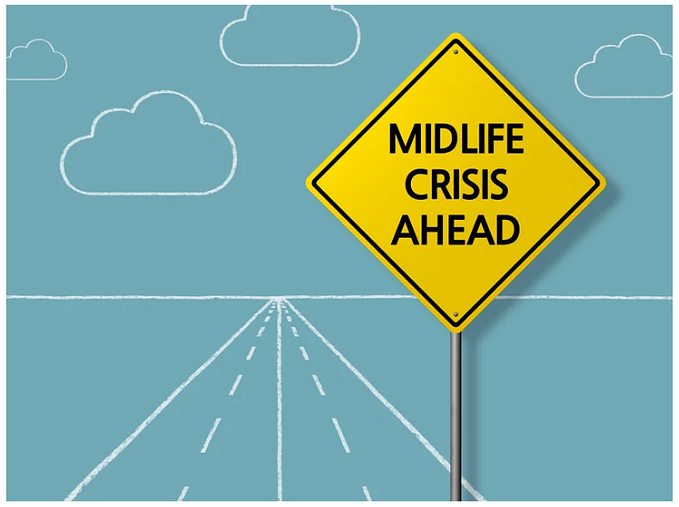Member-only story
It’s Not Funny! Why We Laugh When We Shouldn’t
Funerals, breakups, and other serious situations sometimes elicit a funny (lol) response

 “I can’t break up with her. I’ll start laughing,” he says. Two years into a lackluster relationship, my friend Ben is ready to go it alone. His admission prompts a perplexed chuckle from our small group. “Wait. So, who’s going to break up with her?” I wonder.
“I can’t break up with her. I’ll start laughing,” he says. Two years into a lackluster relationship, my friend Ben is ready to go it alone. His admission prompts a perplexed chuckle from our small group. “Wait. So, who’s going to break up with her?” I wonder.
“I don’t know, but it can’t be me. I guarantee I will burst into laughter.”
“I love thinking about embarrassing [or] awkward laughter,” Adrienne Wood, an assistant professor of psychology at the University of Virginia, tells me. It’s what she calls “affiliation laughter” — the kind that’s more about the sound than the joke. Much like grunting or moaning — almost reflexive vocalization — affiliative laughter tries to take the heat out of the situation. “Laughter tells everyone not to take things seriously. It’s telling the people around you how they should react to your awkwardness,” she says.
Laughter during a breakup or at Grandma’s funeral (guilty — I blame the ridiculous music), is often an attempt to defuse an awkward situation. We laugh to dilute the seriousness.
“It signals non-threatening intentions and undoes social tension,” Wood explains. “When you laugh after doing something awkward, the laughter signals that you know you violated a social norm and it helps to appease the people around you. When you’re in an awkward situation with another person, I think the laughter might help to calm you down a bit and also signal to the other person that you’re not a threat.”
Traditionally, laughter fulfills a social function. Charles Darwin was among the first to speculate in The Expression of the Emotions in Man and Animals that it is one of the earliest forms of human communication. And various observational studies monitoring behavior have since suggested that laughter expressed during infancy encourages bonding between children and parents. According to Caspar Addyman, a developmental psychologist at Goldsmiths University’s InfantLab, babies begin to smile at one month old and start laughing around three months. He found that babies often laugh in response to their parents’ playful actions, and believes that such…









